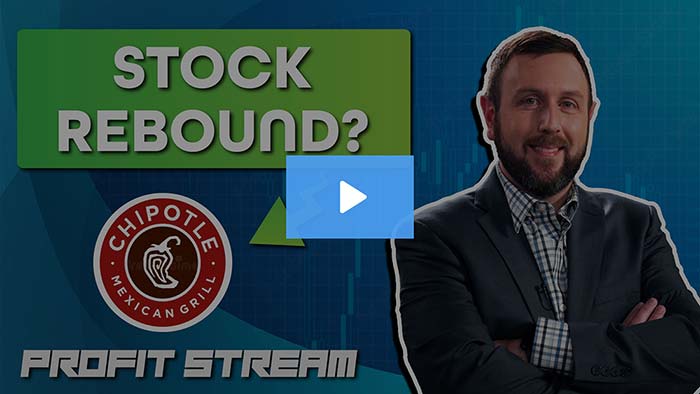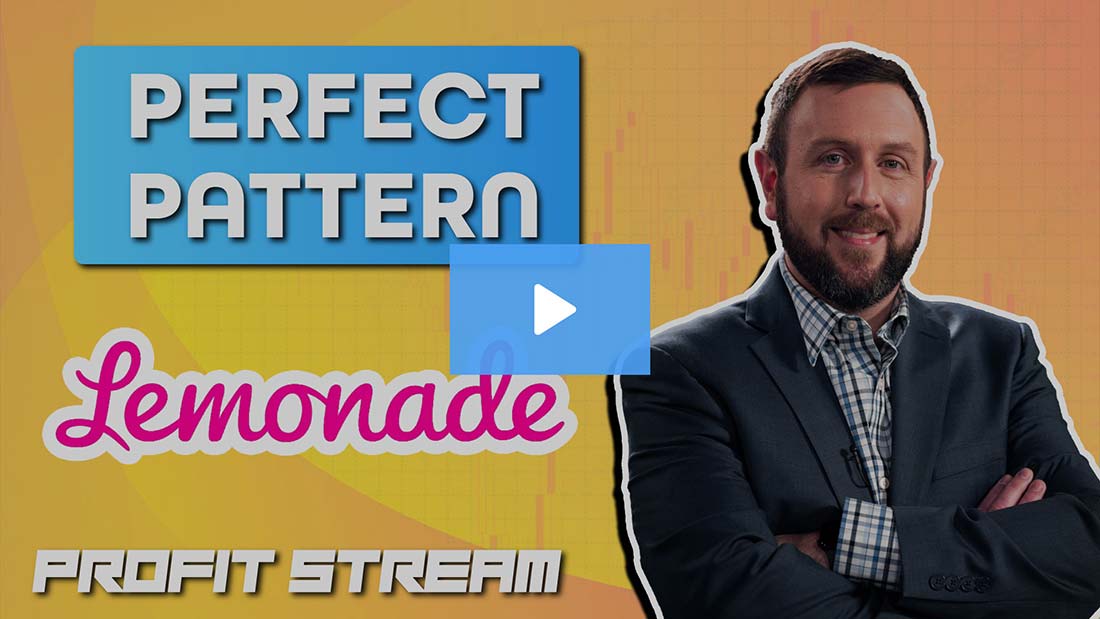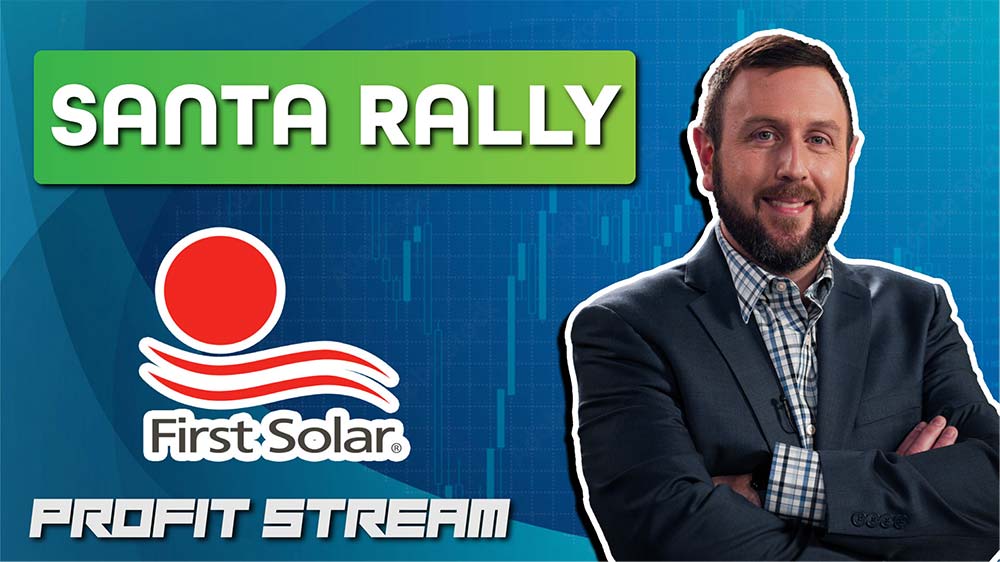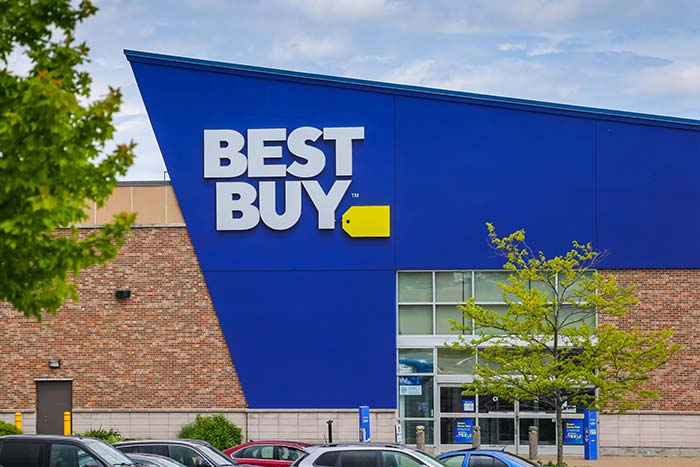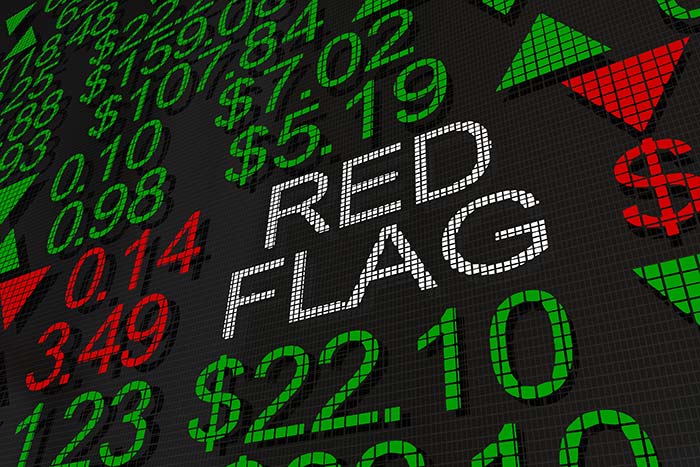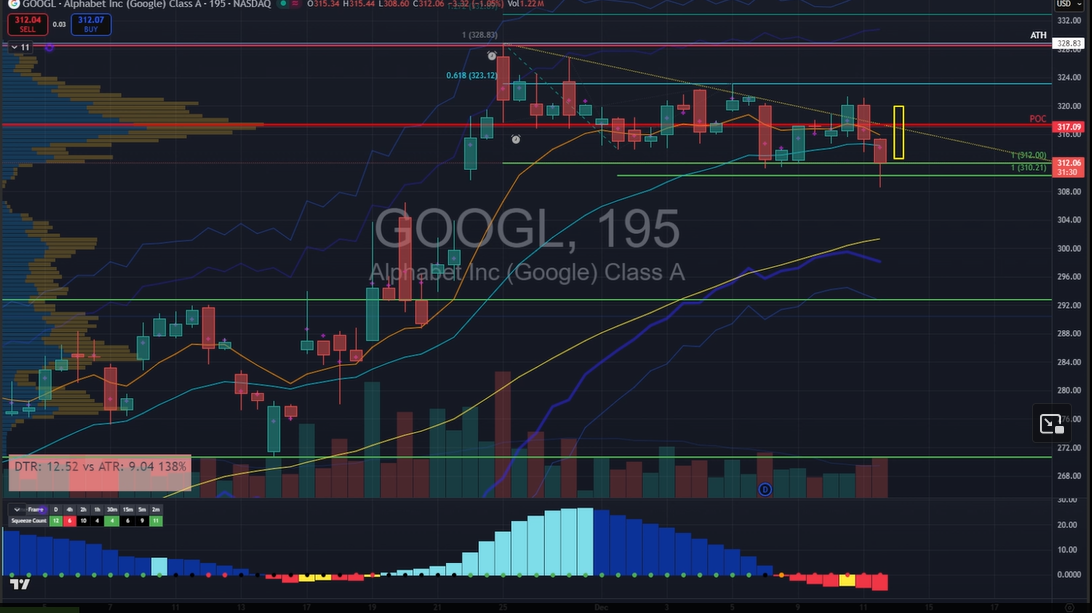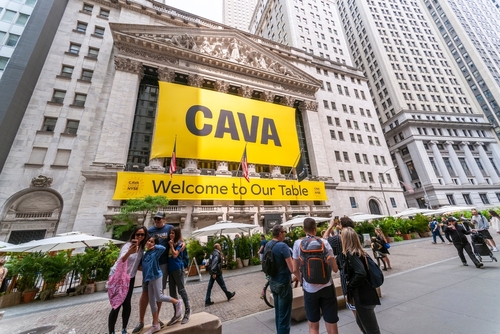The Gold Standard of Stocks
Imagine being able to rake in profits year after year without taking on all the risks of being a traditional shareholder.
Not only is it possible, but it’s happening every day for one type of investment.
And this investment is… royalty companies.
Royalty companies have been around for decades. They are businesses that invest in the future revenue streams of other companies.
They do this by providing capital in exchange for a share of each sale – so they profit off these other companies without any of the risk or hassle of actually having to run them.
These investments typically come in the natural resources and intellectual property sectors. Here’s how they work:
1. Natural resource royalties: In the natural resources sector, royalty companies provide financing to exploration and production companies in exchange for a share of future production or revenue. This can be a percentage of the minerals extracted or a portion of the revenue generated from resource sales.
2. Intellectual property royalties: Royalty companies may invest in patents, trademarks, copyrights or other intellectual assets. They provide funds to inventors, creators and companies in return for a portion of the income generated from the licensing or sales of their intellectual property.
Why Royalty Companies Are So Effective
The key benefit of royalty companies is that they offer a way for businesses to raise capital without taking on traditional debt or diluting ownership through equity issuance. For investors, royalty companies can provide a relatively stable income stream over time, since they receive a portion of the revenue generated by the companies they invest in.
Investing in royalty companies is often seen as a way to gain exposure to specific industries or sectors without directly owning or managing the underlying assets. It’s important to note that the success of royalty investments often depends on the performance of the companies they’ve invested in.
![]()
YOUR ACTION PLAN
Some of the most successful investments in the market have come from royalty companies, and it’s time you looked at them as a core portfolio holding! Next week I’ll share the dominant companies in the royalty space.
Click here to join The War Room and follow along.
MONDAY MARKET MINUTE
- September Weakness to October Strength? As we begin the last week of what has historically been the worst month of the year for the markets, we can all look forward to the start of October. According to the Stock Trader’s Almanac, since 1950, the S&P 500 has averaged a 1% increase in October. So from a tactical standpoint, we’ll remain light and balanced for one more week – and then we’ll start the process of bottom-feeding on names that have been oversold here in September. Tracking.
- Cleveland-Cliffs Looking Attractive. Citi analyst Alexander Hacking upgraded Cleveland-Cliffs (CLF) from “Neutral” to “Buy” and maintained a $22 price target, citing a belief that the price of U.S. flat-rolled steel will rebound into the end of the year and that steel company valuations are “relatively attractive.”
- Two Oversold Tech Stocks. Two names that could fall into the oversold tech stock category are PayPal (PYPL) and Block (SQ), formerly known as Square. PayPal currently trades at 11 times earnings, down from 32X. Block trades at 22 times earnings, down from its five-year average of 93X.
- “Spooky Season” Winners. With the calendar about to flip to October next week, you’ve undoubtedly seen an infusion of pumpkin- and Halloween-themed goods everywhere you look. Over the past 50 years, shares of Target (TGT) and TJX Companies (TJX) have averaged returns of 3.2% and 3.9%, respectively, from August to November. Starbucks (SBUX) has averaged a 10% rise thanks to increased foot traffic and its pumpkin-flavored drinks. All three names will be on our watchlist.
- The Debut of the Sphere. The Sphere in Las Vegas, considered by many to be the most highly anticipated new concert venue in decades, will open on September 29 when U2 performs the first of 25 concerts. The grand opening of the venue – which has a seating capacity of 17,600 and a 160,000-square-foot LED screen – could generate enough buzz to boost shares of Sphere Entertainment (SPHR). Gabelli Funds has a $47 price target on the shares, which currently trade around $36.
More from Trade of the Day
What’s an Investment Idea Worth?
Dec 18, 2025
The Partnership Built on Useful Disagreement
Dec 17, 2025
Why Santa Could Bring the Bulls Soon
Dec 16, 2025





